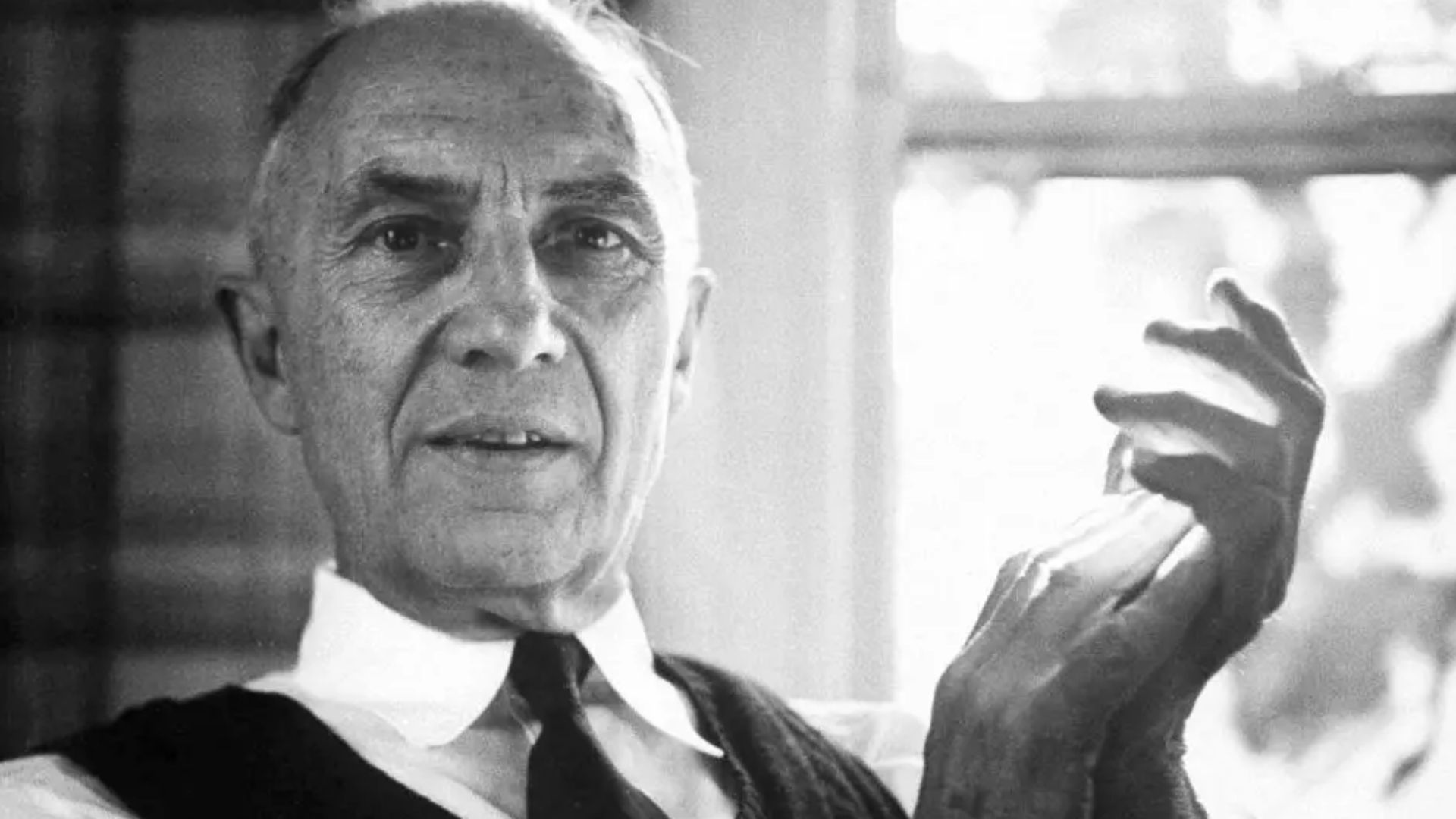The Red Wheelbarrow Comments
so much depends
upon
a red wheel
...
Read full text
A simple poem, but very thought-provoking. Congratulations on being chosen by Poem Hunter as The Classic Poem Of The Day!
a red wheel barrow glazed with rain water ///////// SIMPLY GREAT POEM PENNED
The poem simply stresses the total dependence of all poetry on images.
The whit chickens representing the white man crakes the wip all day as if there is nothing to do
The red wheelbarrow represents the blood of black pepole glistening after the rain as
How is this a famous poem I don’t understand why is it so revered I don’t get it at all
The person reading this poem is an absolutely abysmal reader. Wm. Carlos Williams would spin in his grave if he heard her read. Terrible... Get The Hook.
IN ITALIAN: ‘La carriola rossa’ Così tanto dipende dalla ruota rossa d’una carriola lucida d’acqua piovana accanto ai polli bianchi. (William Carlos Williams,1923)
Williams would probably be amazed if he knew that his reputation as a poet is so dependent upon two of his imagistic poems, this on and This Is Just To Say. For me, they are both truly great poems, among the best by US poets. Once I was dictating this poem from memory to a class. Except that I quoted the last two lines as beside the five white / chickens. When a student pointed out my mistake, I realized the picture in my mind was so vivid that I could not forget that, in my imagination, there were five white chickens. (Well, there's also the assonance with beside and white.) I'm not sure whether I should attribute this to the vividness of the poem or the strength of my imagination. Even today, many years later, I cannot recite the poem without seeing in my mind five white chickens picking and pecking on the ground beside the red wheelbarrow. Would that I could just once write eight such memorable lines.
Frank, I think your anecdote gives testimony of the imagistic power of the poem ('no ideas but in things'...) gb
Frank, your anecdote is testimony, innit, to the imagistic power of the poem ('no ideas but in things...) evoking memory & imagination. gb
............oh this piece is so imaginative....a red wheelbarrow definitely means someone is going to do some work.....
Very good imigery... almost haiku like..I studied this poem in college many years ago and its image has always stayed with me...it's true it gives many meanings to the readers but the poet could have had many ideas, too...many of these poems have a secret meaning..does only the poet know the truth? That's the beauty of writing abstract poetry...the space between the words...and the solid picture defines..we see what we want to see and feel as we want...
We had an assignment just recently in my english class for this poem. We had to take the image painted by Williams and create a story around it. It was purely inventive, and despite the consistent image, no two stories were alike. I think that's the real point of this poem, and imagist poetry in general. Even all writing in general, come to think of it. Sure, it may be about something specific, or it may mean something particular to the writer. That will always be a thing. But what is important is that it means something to the reader, and moreso that it means something different to every reader. So I think the utter abstractness of this poem is because we are supposed to give it our own meaning. We are supposed to make it our own.
Possible, Billy. However, W.C Williams had a child who was ill. As he sat in the child's room, he could look out the window and see a red wheelbarrow in the yard. As the child's condition worsened, he convinced himself that if the child could only get well enough to walk from his bed to the wheelbarrow without help, he would be okay... The child eventually died, so I think the poem is about how we attach such importance to such arbitrary things in our lives to mask what really matters. We try to fool everyone, and in the end we only fool ourselves.
Possible, Billy. However, W.C Williams had a child who was ill. As he sat in the child's room, he could look out the window and see a red wheelbarrow in the yard. As the child's condition worsened, he convinced himself that if the child could only get well enough to walk from his bed to the wheelbarrow without help, he would be okay... The child eventually died, so I think the poem is about how we attach such importance to such arbitrary things in our lives to mask what really matters. We try to fool everyone, and in the end we only fool ourselves.
Myles, is that a known biographical fact? Makes a lot of sense for the urgency of the 1st line. Of course, the charm of the poem is that the images offer up themselves for any interpretation, depending on the reader and his/her personal experience & imagination. I'd be interested to know, though, if it's autobiographically documented. Thx gb

WCW can create meaning out of everything. Red wheel barrow might have no space in common life but to lay foundation it plays integral role.